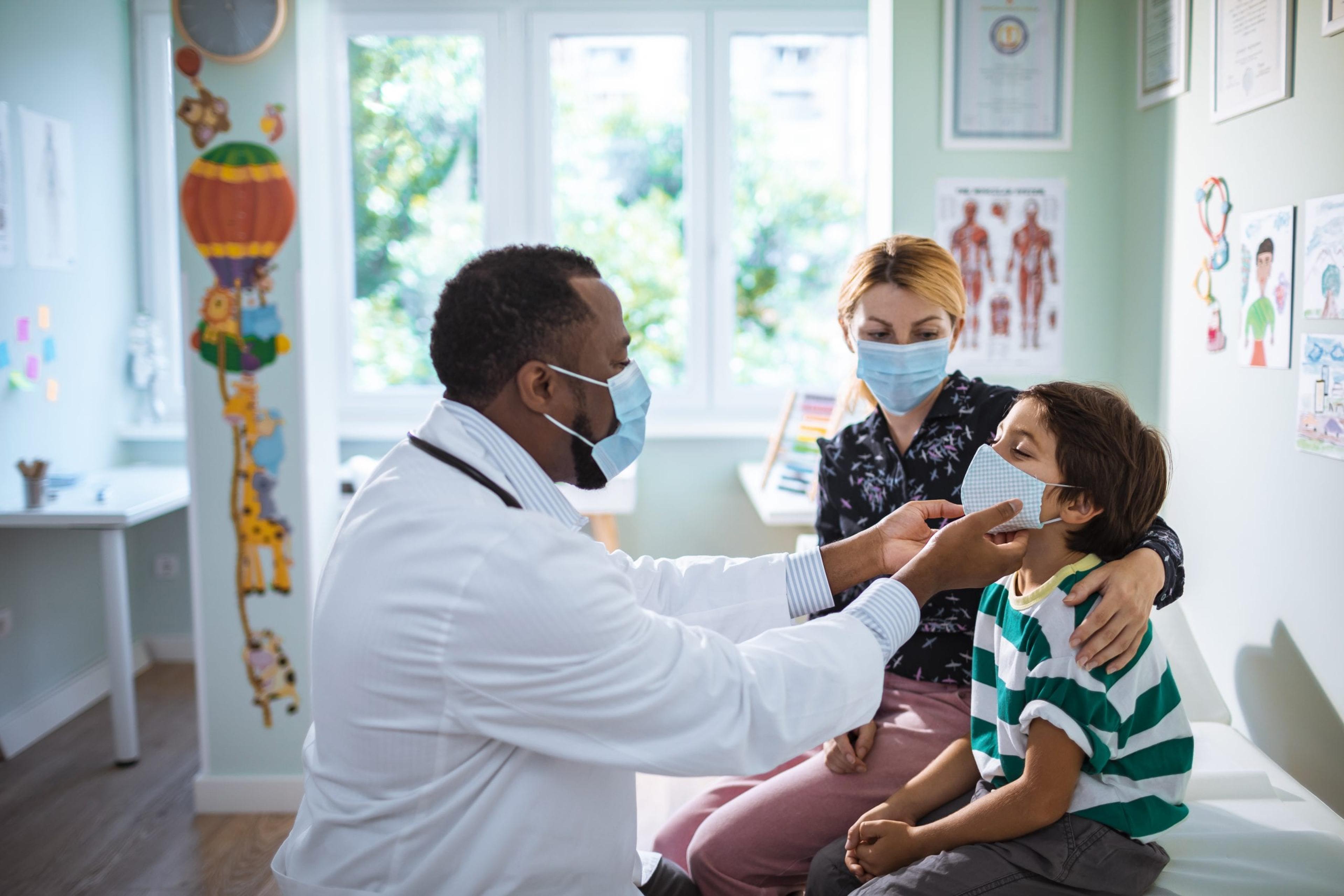Safety Net Grants Ensure Access to Care for Vulnerable Communities
Julie Bitely
| 4 min read

Regular access to health care has proven to save lives and helps individuals avoid unnecessary and costly treatments by catching diseases and chronic conditions earlier. For Michigan residents who are uninsured or underinsured, free and low-cost health clinics fill that need, making sure access to quality care isn’t out of reach for individuals and families. At a time when many people are facing increasing financial pressure due to the COVID-19 pandemic, it’s more important than ever to make sure people have access to quality health care. Since 2005, Blue Cross Blue Shield of Michigan has awarded more than $16 million to various safety net clinics. This year, $866,400 has been awarded to 47 clinics across the state through the Strengthening the Safety Net grant program. Funding ensures clinics in communities from Detroit to Grand Haven to Boyne City and places in between can serve people in need of essential health care. Many clinics are in areas where the need for services is great. Here’s a look at select communities where free and low-cost health clinics are making a significant impact on access to care.
Southeast Michigan
Twenty clinics in southeast Michigan received safety net grant funding. Communities represented include Detroit, Dearborn, Pontiac, Ypsilanti, Ferndale, Westland, Lathrup Village, Southfield, Wyandotte and Clinton and Shelby townships. Eleven of the 20 grants went to Wayne County, where according to 2019 United Way data, 56% of households fall below the ALICE threshold. ALICE stands for Asset Limited, Income Constrained, Employed – these are working families who can’t afford basics such as food, housing, health care, childcare, transportation and technology. They’re often one missed paycheck away from financial crisis.
West Michigan
Grants were awarded to 11 clinics in West Michigan. Communities benefiting include Grand Rapids, Marshall, Holland, Grand Haven, Zeeland, Big Rapids, Coldwater and Allegan County. Four of the 11 grants went to clinics in Grand Rapids, located in Kent County. According to 2019 ALICE data, 37% of Kent County households fall below the ALICE threshold. Although the city of Grand Rapids has been growing economically, many households are being left behind in core parts of the city, specifically, neighborhoods located within the near south and near west Grand Rapids neighborhoods, according to data from the W.K. Kellogg Foundation. Two out of three families in these Grand Rapids neighborhoods live on less than $47,100 per year – the point at which many families are deemed ineligible for public supports, but “are not always able to fully provide for the needs of the family.” Three safety net grantees are located on the city’s south side, while one serves residents of northwest Grand Rapids, making all four clinics ideally situated to help families and residents most in need.
Central Michigan
Twelve safety net grants were awarded to central Michigan communities, including Lansing, Flint, Port Huron, Brighton, Marlette, Essexville, Owosso, Jackson, Hillsdale and Pinckney. Grants to central Michigan clinics are spread out over nine counties. On average, nearly 42% of these households fall below the ALICE threshold. The needs are greatest in Genesee County, where 46% of households fall below the ALICE threshold. In Flint, where grantee Genesee County Free Medical Clinic is located, poverty rates are high. In 2019, the city recorded the highest poverty rate in the entire country compared to similarly sized municipalities. The city also ranked first in childhood poverty, with an estimated 58% of those 18 and younger living below the poverty line, compared to average rates of 18% nationwide.
Northern Michigan
Four northern Michigan clinics received grant funding. Communities represented include Cadillac, Cheboygan, West Branch and Boyne City. Located in four separate counties spread out across the northern lower peninsula, on average, 43% of households are struggling to meet basic needs, according to ALICE data. Despite northern Michigan boasting a dynamic tourism industry, many counties face a shortage of medical professionals and hospitals. This can make accessing health care difficult as it can often involve significant travel distance and time. See the full list of Strengthening the Safety Net grantees here. Related:
- Michigan's Health Care Safety Net: Catching the Uninsured When They Fall
- Working Behind the Scenes to Improve Patient Safety
- A Guide to the ER: When to Go, When Not to Go
Photo credit: Geber86





